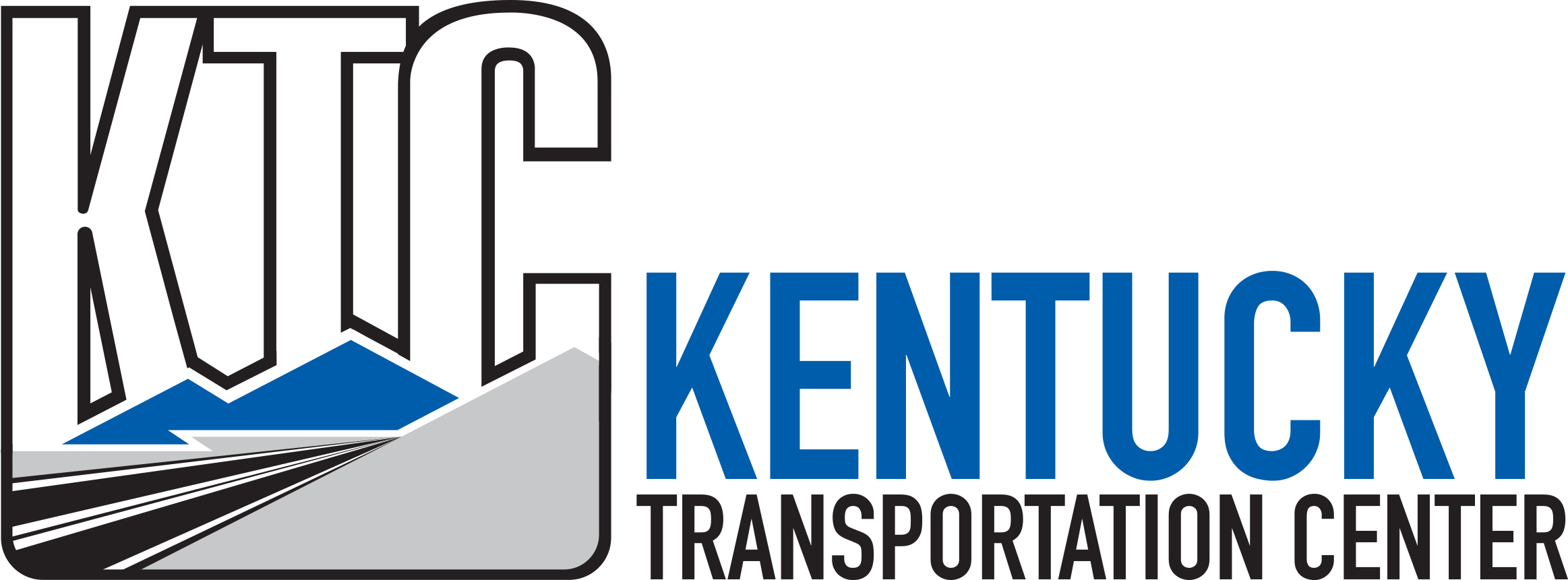Abstract
In recent years, there have been considerable advances made in rheological theory and its application to various materials. There has not been, however, nearly as much work done toward applying rheology to soil mechanics as the successes of others would seem to indicate. For instance, it has been shown that a variety of stress and deflection problems considering the application of a load by means of an elastic plate to an elastic foundation can be extended to include rate effects through the application of linear viscoelastic theory. Before this theory can be applied to foundation design, however, two questions must be answered: 1) do soils generally conform to linear viscoelastic behavior? and 2) how can the design parameters be determined? A better knowledge of the long-term deformation properties of cohesive soils also would be invaluable in the analysis of the stability of slopes. For example, it has been determined from creep tests that, at loads less than those required to cause failure in triaxial shear tests, failure may occur after an extended period of loading.
Report Date
2-1-1969
Report Number
No. 274
Digital Object Identifier
http://dx.doi.org/10.13023/KTC.RR.1969.274
Repository Citation
Scott, Gordon D., "Rheological and Ultimate Strength Properties of Cohesive Soils" (1969). Kentucky Transportation Center Research Report. 1165.
https://uknowledge.uky.edu/ktc_researchreports/1165



Notes
The opinions, findings, and conclusions in this report are not necessarily those of the Department of Highways or the Bureau of Public Roads.